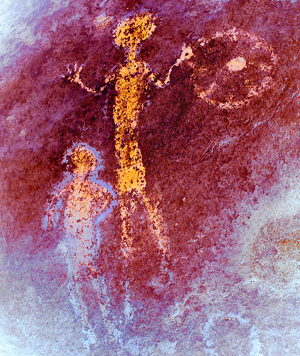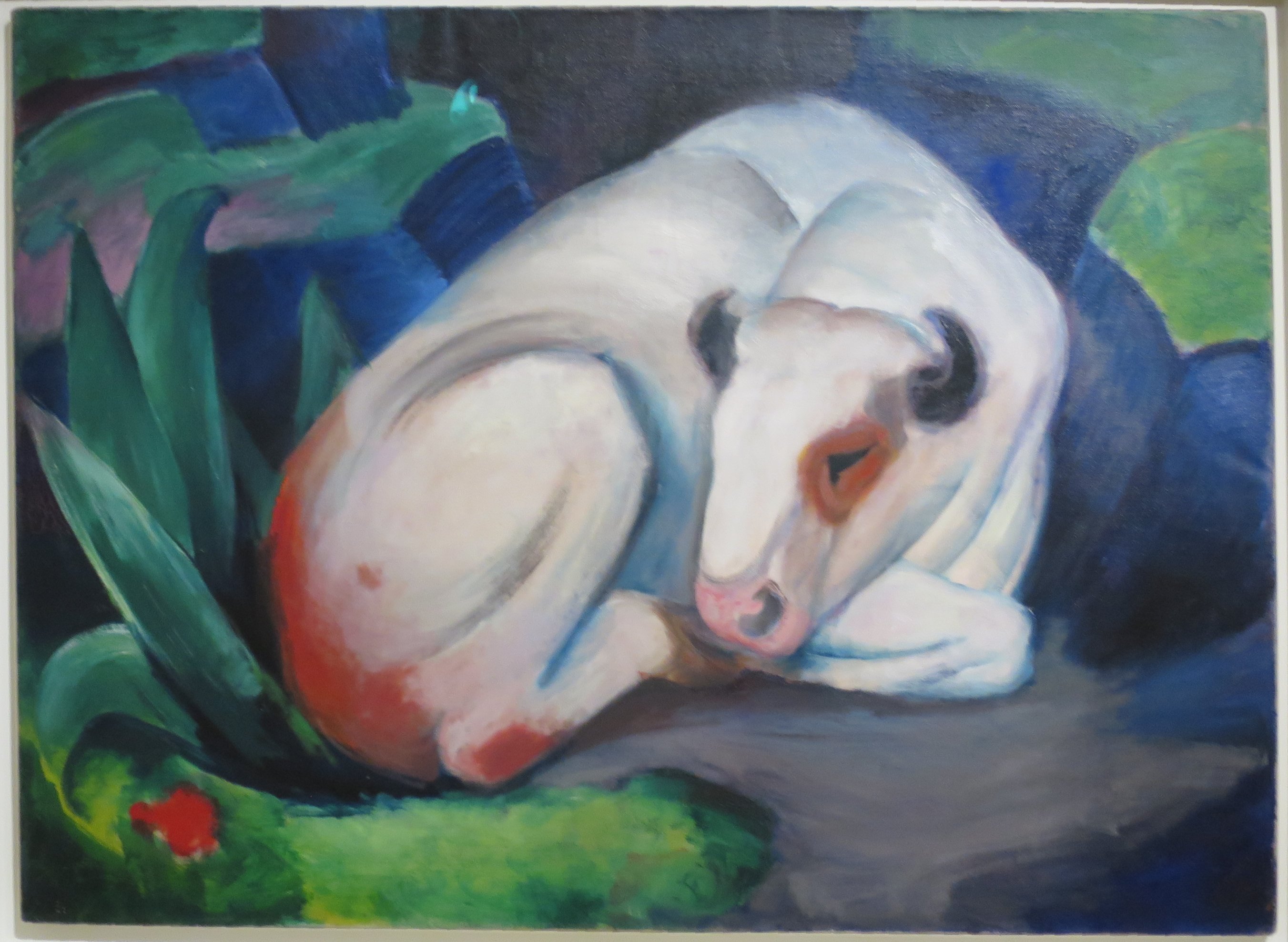Revolutionaries are sexier than revolutions. We know their images, their hand-selected quotes, the steady curation of image that comes particularly when the revolutionary and their revolution is no longer a threat to the modern-day. Though their ideas and images continue to live, the dominant culture tends to take what is most palatable and discard the rest—unless the revolutionary serves a better purpose as the villain, in which case the culture takes what is most disturbing and elides the pointed critique.

There’s something magnetic about the marriage of the idealized vision and deep, transformative passion. The eyes inspire love or hatred, devotion or utter opposition. That depth of passion creeps through all that is joyous and heavy, loving and ferocious, creeping into the most crooked and unsettling parts of the human heart and brings it into service of the grand vision, the dream of a better society, a better life, a more egalitarian world. With this ferocity of dedication, all manner of ills suddenly seem all too easy to rationalize and use. Intoxicated by this passion, we see revolutions that become even more repressive than the tyrannies overthrown—the suppression of religion, free thought, the removal of liberties and “decadent” cultures.
When faced with the possibility of change, often the emotional parts of us that want safety and stability will push back hard, to clamp down, to become ferocious and punitive. Our systems of protection, feeling under attack, permit themselves to push back harder, crack down more fiercely, take on heavier firepower. Suddenly a simple disagreement becomes an ideological battle in which lines must be drawn and people must swear allegiance. We forget that our ideals are always and ever imaginary visions to which we aspire and cannot be effective laws to rule a species so diverse and contentious as humanity. Something will always rebel under the yoke of such legislation.
The heart of fervor could also allow room for the heart of deep love and compassion for the beauty and weakness of fellow humans. When this heart comes into contact with pure intellectual vision, those sterile guidelines can begin to relax. Instead of demanding our fellow humans adhere to a standard of morality that is devoid of humanity, we can bring those grand visions and ideals into an experimental practice. We can strive for equality while recognizing the inescapable tendency toward hierarchy. We can admit that our new ways of thinking and acting must by necessity overturn someone else’s world, a world that to them was perfectly suited to their nature—or at the very least, their nature had come to fit the world. We can recognize the distress of the privileged when it arises to meet the changes we push to see in our lives, our relationships, our civic communities. Change is coming, and for some it will be painful and arduous, while others might find themselves more free, more empowered.





